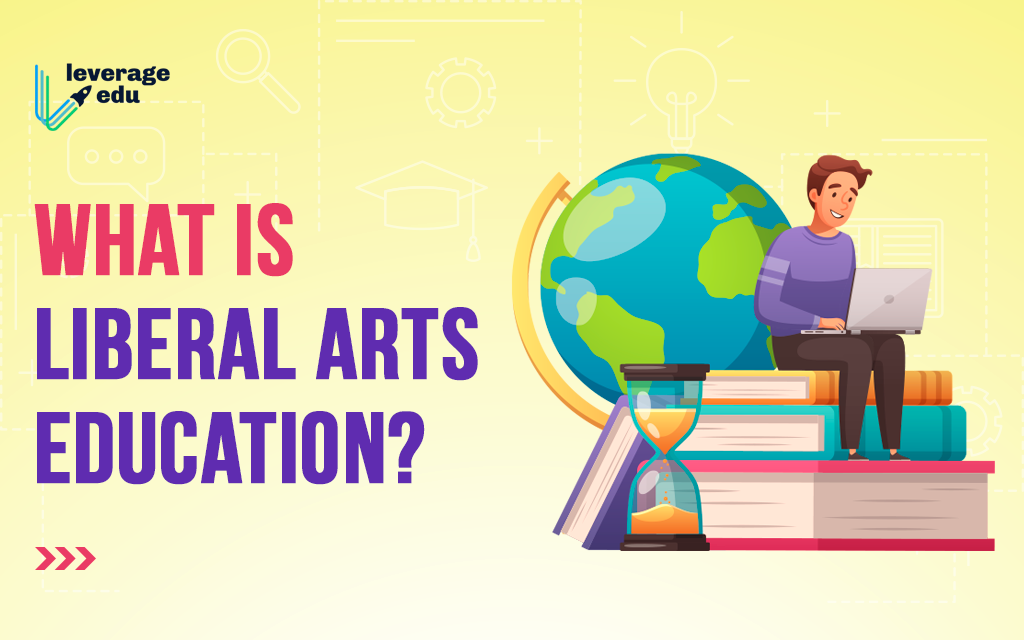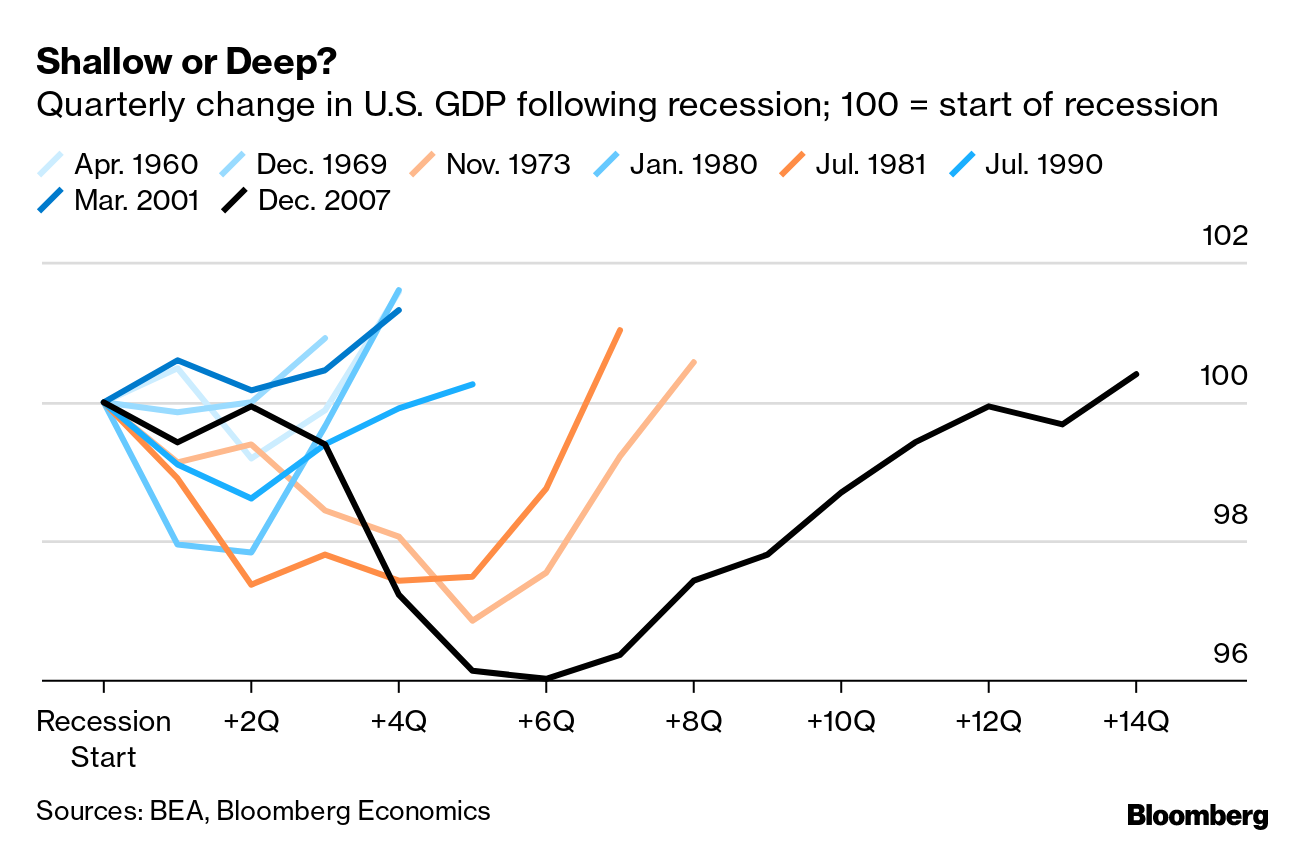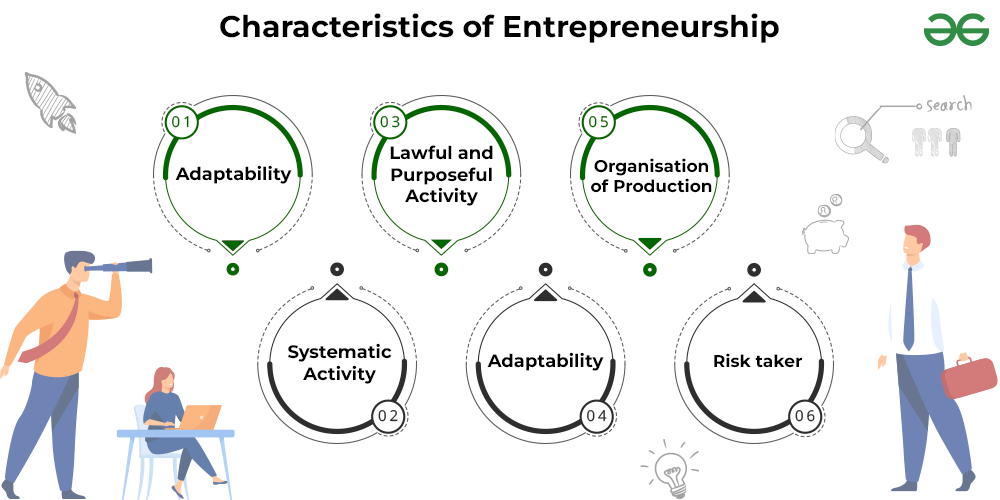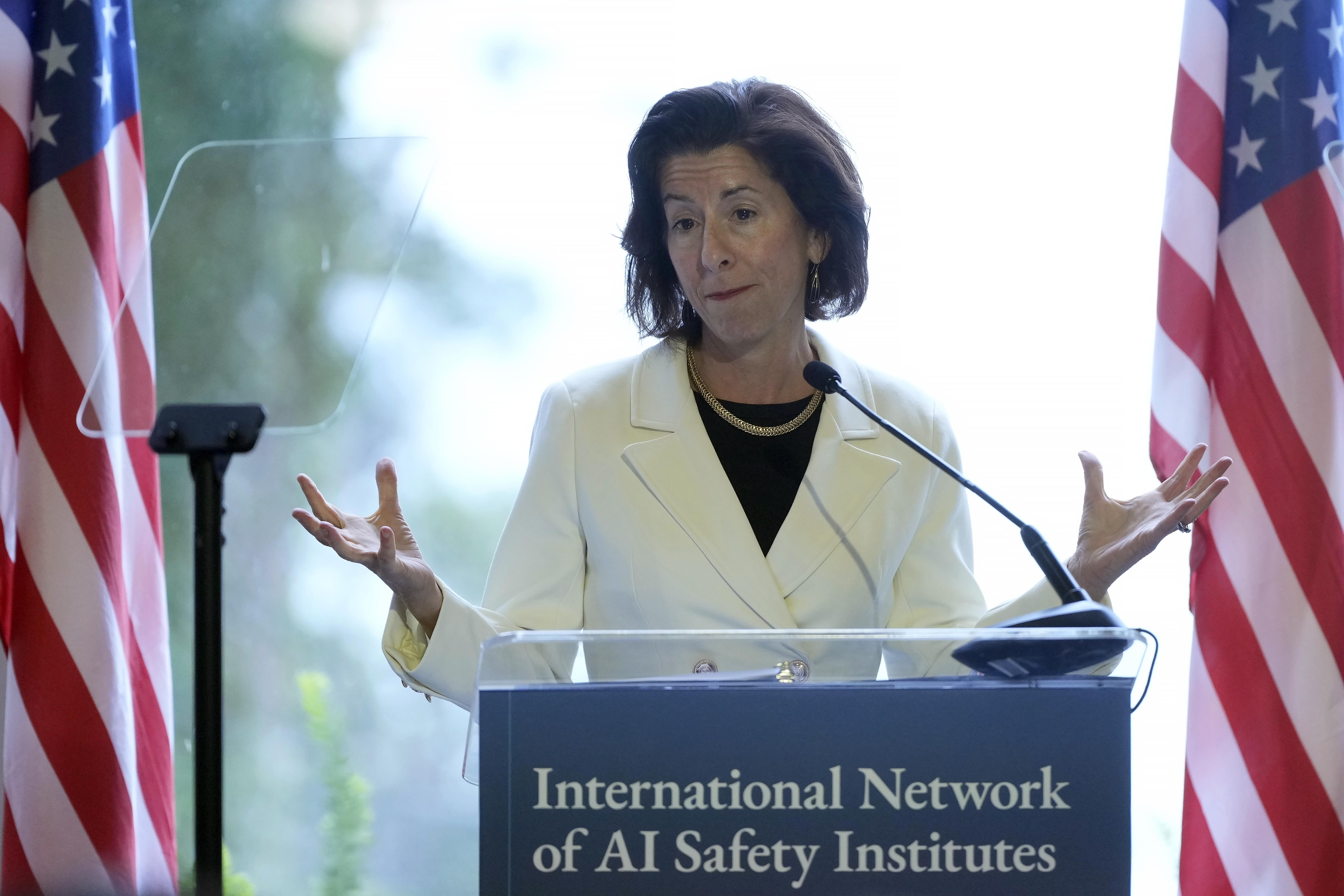Liberal arts education plays a pivotal role in shaping well-rounded individuals who are prepared for the complexities of modern life. This approach to education emphasizes critical thinking skills, creativity, and adaptability, enabling students to thrive in diverse career paths. As society evolves, the importance of liberal arts becomes ever more significant, equipping graduates with the tools to tackle unforeseen challenges and engage meaningfully in democratic discourse. Many skeptics often question the value of liberal arts education compared to more vocational training, yet research shows that it nurtures critical skills that are increasingly sought after by employers. By raising awareness about the accessibility of education and the diverse opportunities that a liberal arts education provides, we can illuminate its true value in today’s rapidly changing job market.
A comprehensive education that encompasses the humanities, social sciences, and natural sciences fosters intellectual growth and prepares students for a multitude of professions. This diverse curriculum not only enhances analytical capabilities but also cultivates a deep understanding of various perspectives, making learners more equipped for collaborative environments. In a world that increasingly prizes innovation and creative problem-solving, the relevance of a broad educational background cannot be overstated. Additionally, many contemporary discussions focus on differentiating between traditional academic routes and practical job training, prompting a re-evaluation of how institutions communicate the benefits of such a holistic educational experience. Understanding the nuances of this dialogue is essential for promoting an inclusive and enriching learning environment that prioritizes diverse skill sets and lifelong learning.
The Value of Liberal Arts Education
Liberal arts education is often misunderstood, with skeptics questioning its relevance in today’s rapidly changing job market. However, proponents argue that the value of a liberal arts education extends far beyond immediate employment opportunities. It equips students with critical thinking skills and fosters creativity, problem-solving abilities, and adaptability—traits that are essential to navigating complex work environments. By engaging with diverse fields of study, students learn how to approach challenges holistically and develop a versatile skill set that is essential in an era where job roles are continually evolving.
Furthermore, the importance of liberal arts education cannot be overstated when considering its role in creating informed and engaged citizens. An education rooted in the liberal arts encourages individuals to critically assess social issues and fosters a sense of civic responsibility. As scholarship becomes more interdisciplinary, students emerge not only as skilled professionals but as individuals capable of contributing meaningfully to society. This multifaceted approach to education ultimately enhances the global community, demonstrating that the value of a liberal arts education is both profound and enduring.
Building Critical Thinking Skills Through Liberal Arts Education
A primary benefit of a liberal arts education is the cultivation of critical thinking skills. Students are trained to analyze information, evaluate arguments, and identify biases—abilities that are crucial in today’s information-dense environment. In a world flooded with varying perspectives and data points, being able to discern the truth and form well-reasoned opinions is invaluable. This training not only prepares students for diverse career paths but also empowers them as informed citizens capable of engaging in constructive dialogue on significant societal issues.
Moreover, the methodologies applied in liberal arts courses, such as debates, discussions, and the analysis of historical events, foster a unique environment where students learn to articulate their thoughts clearly and confidently. This engagement enhances not just their analytical capabilities but also their communication skills, making them attractive candidates in any job market. Employers are increasingly seeking out candidates who can demonstrate critical thinking proficiency, as these individuals often contribute to innovative solutions and organizational success.
Liberal Arts vs Vocational Training: Understanding the Differences
The debate between liberal arts education and vocational training is ongoing, with each path offering distinct advantages. Vocational training is often favored for its targeted approach to preparing students for specific careers, providing practical skills that are directly applicable to the job market. However, critics argue that this focused approach may limit broader intellectual growth and the flexibility needed in a rapidly changing economy. It is essential to recognize that while vocational training can lead to immediate employment, a liberal arts education fosters the ability to adapt and innovate, qualities that are increasingly valuable in various industries.
Moreover, as the job landscape evolves, many employers report seeking candidates who possess a balance of specific skills and a broader educational background. Liberal arts graduates can offer a unique perspective that integrates critical thought, creativity, and analysis, enabling them to tackle unforeseen challenges effectively. This adaptability makes them valuable contributors to teams and organizations facing complex, dynamic environments that require innovative thinking.
Making Liberal Arts Education Accessible for Everyone
Accessibility of education remains a significant hurdle in the pursuit of a liberal arts education. Many students, especially those from low-income backgrounds, perceive liberal arts degrees as a luxury that may not yield immediate financial returns. The rising cost of college tuition only exacerbates these perceptions, leading families to prioritize career-oriented vocational training over a broader, liberal arts curriculum. It is crucial for institutions to communicate the long-term benefits of a liberal arts education and work towards making this educational pathway more inclusive and affordable.
Advocating for policies that promote accessibility can help change the narrative surrounding liberal arts education. Scholarships, grants, and flexible learning programs tailored for first-generation and disadvantaged students can facilitate the exploration of various disciplines without the burden of financial strain. By ensuring that all students have equal opportunities to engage with a liberal arts education, institutions can develop a more educated workforce equipped to address society’s evolving challenges.
The Role of Liberal Arts Education in Personal Development
Beyond career readiness, a liberal arts education plays a pivotal role in personal development. It encourages students to explore diverse perspectives, engage with challenging ideas, and reflect on their values and beliefs. This introspection fosters a well-rounded character and shapes individuals who are not only knowledgeable but also empathetic and socially aware. Engaging with a variety of subjects—ranging from philosophy to literature—enhances emotional intelligence and promotes cultural competence, both of which are essential in today’s globalized world.
Students who engage rigorously with liberal arts subjects develop a deeper understanding of the human experience, allowing them to communicate effectively with people from varying backgrounds. Such skills are invaluable in both personal relationships and professional settings, leading to richer interactions and collaborations. Ultimately, the personal growth that stems from a liberal arts education contributes to the cultivation of leaders who are equipped to inspire change in their communities and the world.
The Future of Liberal Arts Education in a Technological Age
As technology continues to reshape industries and the nature of work, the future of liberal arts education must also adapt to these changes. With the rise of artificial intelligence and digital platforms, educators are exploring innovative teaching methods that incorporate technology while retaining the core values of liberal arts. This integration can enhance the learning experience by providing students with tools to better engage with material and develop digital literacy alongside their critical thinking skills.
However, it’s essential that the focus remains on preserving the essence of liberal arts education, which promotes inquiry, creativity, and interdisciplinary connections. By embracing technology in a thoughtful manner, educators can cultivate an environment where students are prepared to navigate complex digital landscapes while also honing their ability to think critically about ethical and societal implications of technology. This blend will ensure that liberal arts education remains relevant and impactful in shaping the future workforce.
Communicating the Importance of a Liberal Arts Education
Effectively communicating the importance of a liberal arts education is essential for dispelling misconceptions and enhancing its appeal to prospective students. Institutions must be proactive in showcasing the diverse pathways that a liberal arts education opens, from careers in humanities and social sciences to innovative fields that require creative problem-solving. By highlighting successful alumni and emphasizing the skills gained through a liberal arts curriculum, universities can illustrate its relevance and value to future generations.
Additionally, engaging with communities and local organizations can help bridge the gap between liberal arts education and public perception. By hosting workshops, seminars, and outreach programs that demonstrate the practical applications of liberal arts skills, institutions can foster a greater understanding of its value. Increasing transparency regarding the potential career trajectories and benefits associated with a liberal arts education can transform perceptions and encourage more students to explore this enriching educational path.
The Interdisciplinary Nature of Liberal Arts Education
One of the unique strengths of a liberal arts education is its inherently interdisciplinary nature. By encouraging students to draw connections between subjects such as science, art, history, and philosophy, liberal arts programs promote a more holistic understanding of knowledge. This tapestry of ideas not only enhances students’ analytical skills but also cultivates creativity by presenting various lenses through which to solve problems. It prepares them to think outside the box and innovate, which is crucial in today’s fast-paced world.
Moreover, interdisciplinary approaches encourage collaboration and communication among students from various academic backgrounds. This exposure to diverse perspectives fosters teamwork skills, essential for success in any career. By engaging in interdisciplinary projects and discussions, students learn how to synthesize information from multiple disciplines, equipping them with the tools necessary to address complex challenges in their future endeavors.
Liberal Arts Education as a Foundation for Lifelong Learning
The principle of lifelong learning is one of the foundational elements of a liberal arts education. As the job market continues to evolve with technological advancements and changing economic conditions, the ability to adapt and pursue ongoing education becomes increasingly critical. A liberal arts education instills the value of curiosity and continuous self-improvement, preparing students to embrace new challenges and equip themselves with varied skill sets throughout their lives.
By fostering a mindset open to exploration and innovation, graduates of liberal arts programs are better positioned to thrive in diverse career paths. They understand the importance of seeking knowledge and adapting to new environments, which is crucial in a workforce that demands constant evolution. This approach not only benefits individual career advancement but also contributes to a more dynamic and knowledgeable society, capable of addressing contemporary challenges.
Frequently Asked Questions
What is the value of liberal arts education in today’s job market?
The value of liberal arts education lies in its focus on critical thinking skills, adaptability, and the ability to tackle unforeseen problems. This educational approach not only prepares students for specific jobs but equips them with a broad toolkit useful for navigating diverse career paths throughout life. Employers increasingly seek graduates who can think creatively and communicate effectively, making liberal arts graduates versatile assets in any workforce.
How does liberal arts education contribute to critical thinking skills?
Liberal arts education promotes critical thinking skills by encouraging students to engage with diverse subjects and perspectives. This interdisciplinary approach fosters the ability to analyze information, weigh evidence, and form well-rounded arguments. Students learn to question assumptions and understand various viewpoints, which are essential skills in both personal and professional settings.
What is the importance of liberal arts compared to vocational training?
The importance of liberal arts education compared to vocational training is that it offers a broader perspective and prepares students for a dynamic job market. While vocational training focuses on specific skills for particular careers, liberal arts fosters critical thinking and adaptability, enabling graduates to reinvent themselves as career demands evolve. This holistic education nurtures intellectual flexibility, which is increasingly valuable in today’s ever-changing economy.
How accessible is liberal arts education for first-generation college students?
Access to liberal arts education can be challenging for first-generation college students, who may perceive it as a luxury rather than a necessity. It’s essential for educational institutions to work towards making liberal arts more appealing and encouraging for these students, allowing them to explore diverse ideas and subjects without the fear of making costly mistakes. Affordable options and supportive guidance can foster confidence in pursuing a liberal arts education.
Why is liberal arts education perceived as a luxury good?
Liberal arts education is often perceived as a luxury good due to its association with higher tuition costs and the belief that it does not lead directly to employment opportunities. Many students and families prioritize vocational training that promises immediate financial returns, which can overshadow the long-term benefits and value that a liberal arts education provides in terms of critical thinking and adaptability in the workforce.
How can liberal arts education be made more attractive for today’s students?
To make liberal arts education more attractive, institutions should highlight its relevance in developing critical thinking skills and adaptability, while also emphasizing real-world applications and career outcomes. Integrating experiential learning, internships, and collaborations with industries can show students the practical benefits of a liberal arts education. Additionally, effective communication about its intrinsic value beyond immediate job placement is crucial.
What role does the economy play in perceptions of liberal arts education?
The economy significantly influences perceptions of liberal arts education, as rising tuition costs and the demand for specific job skills lead many to question its financial viability. In times of economic uncertainty, prospective students focus heavily on return on investment, often leading them to favor moredirect vocational training. However, understanding the long-term benefits of critical thinking nurtured through liberal arts can help reframe this perception.
Can liberal arts education provide job security in the current economy?
While liberal arts education alone might not guarantee immediate job security, it equips students with critical thinking, communication, and problem-solving skills that are highly valued in the workforce. As industries evolve, the ability to adapt and think critically becomes essential. Many liberal arts graduates eventually catch up to peers from specialized fields, showcasing the long-term value of their education.
How does liberal arts education enrich democratic citizenship?
Liberal arts education enriches democratic citizenship by fostering critical thinking skills and encouraging students to engage with diverse perspectives. This form of education prepares individuals to analyze societal issues, participate in informed discussions, and contribute to the democratic process. By cultivating an understanding of various viewpoints and honing communication skills, liberal arts graduates are better equipped to promote civic responsibility and community involvement.
What skills do liberal arts graduates bring to the workforce?
Liberal arts graduates bring a variety of essential skills to the workforce, including critical thinking, effective communication, creativity, and adaptability. These skills enable them to analyze complex problems, collaborate with diverse teams, and approach challenges from multiple perspectives. As employers increasingly value these attributes, liberal arts education proves beneficial for both personal and professional development.
| Key Point | Description |
|---|---|
| Value of Liberal Arts Education | Liberal arts education enhances critical thinking and prepares students for diverse challenges in life and work. |
| Necessary Skills | It equips students with essential skills such as assessing information, understanding perspectives, and adapting to various contexts. |
| Perceptions of Luxury | Some view liberal arts education as a luxury, making it less accessible for first-generation and low-income students. |
| Economic Returns | While initial returns may appear lower for liberal arts majors, they often catch up over time, indicating long-term value. |
| Broader Educational Needs | A liberal arts education fosters adaptability and creativity needed in an evolving job market. |
Summary
Liberal arts education remains a significant pillar of higher education, offering indispensable skills for today’s complex job market. By fostering critical thinking and adaptability, it empowers students to navigate unforeseen challenges effectively. Despite perceptions of it being a luxury, a liberal arts education equips individuals not just for their first jobs but for a lifetime of opportunities, cultivating informed citizens essential for a democratic society.




